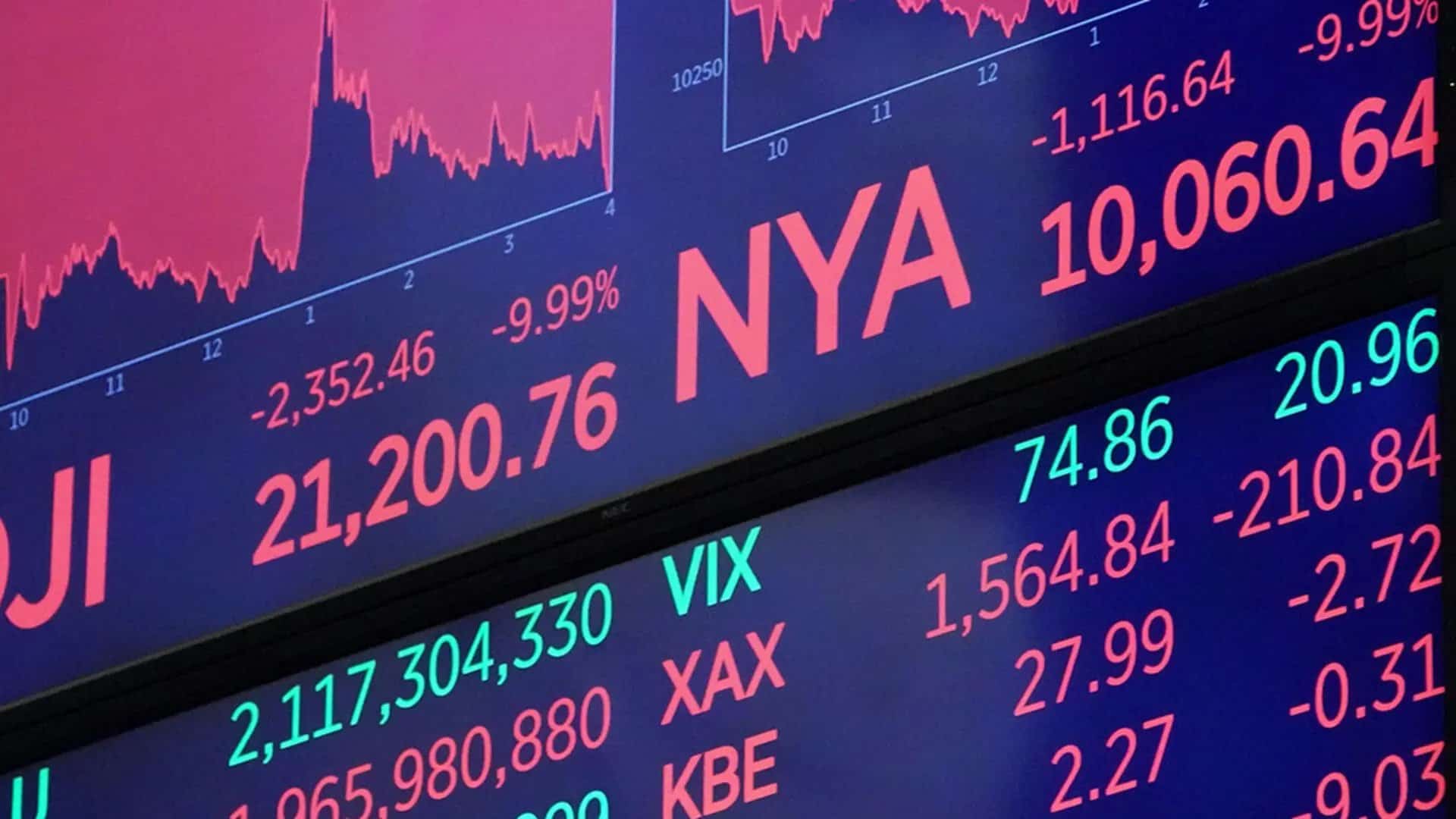Asian markets dropped on Friday, following a weak lead from Wall Street and as investors awaited a key US inflation report due later in the day.
Hong Kong’s Hang Seng Index closed 1.07 percent down at 23,995.72, while Tokyo’s benchmark Nikkei 225 index was down one percent at the close.
Shanghai also slipped.
During the previous trading day, European and US stock markets dropped as traders tracked developments surrounding the Omicron coronavirus variant and fallout from the Chinese property crisis — snapping a three-day rally.
Traders were awaiting the latest US consumer price data, set for release Friday, which is expected to show inflation climbing higher last month.
And next week’s Federal Reserve meeting might offer clues as to the pace of tapering and interest rate increases.
“It goes without saying that today’s inflation report in the US is the main event,” said Matt Simpson, senior market analyst at City Index. “It hit a 30-year high in October and expectations are for those numbers to be inflated further.
“We can see today’s report as a proxy for next week’s Federal Reserve meeting, because the hotter inflation is the more pressure it piles on the Fed to increase their pace of tapering.”
Elsewhere in Asia Friday, Seoul, Taipei and Singapore were down slightly, while Wellington was marginally up.
Stocks retreated at the open in Europe.
London’s benchmark FTSE 100 index fell 0.3 percent to 7,301.77 points, after official data showed Britain’s economy slowing even before the onset of the Omicron variant.
In the eurozone, Frankfurt’s DAX index shed 0.4 percent and the Paris CAC 40 lost 0.5 percent.
Investors were also concerned about the debt crisis in China’s property sector, after Fitch Ratings’ Thursday announcement that two major Chinese property firms defaulted on $1.6 billion worth of bonds to overseas creditors.
The agency confirmed Evergrande defaulted for the first time on more than $1.2 billion worth of bond debt, as it downgraded the firm’s status to a restricted default rating.
“A massive debt restructuring exercise now beckons for China’s more highly leveraged property developers, raising fears that China growth will take a dip next year,” said Jeffrey Halley, senior market analyst for Asia Pacific with OANDA.
“That will be enough to keep Asian currencies and regional stock markets nervous.”
And coronavirus fears had not completely fallen off investors’ list of concerns, said Michael Hewson, chief market analyst at CMC Markets UK.
“The risk of tighter restrictions due to Omicron is also tempering risk appetite, after the early gains of earlier in the week, with US markets also closing lower, despite weekly jobless claims falling to another 52 year low of 184k,” he said.

